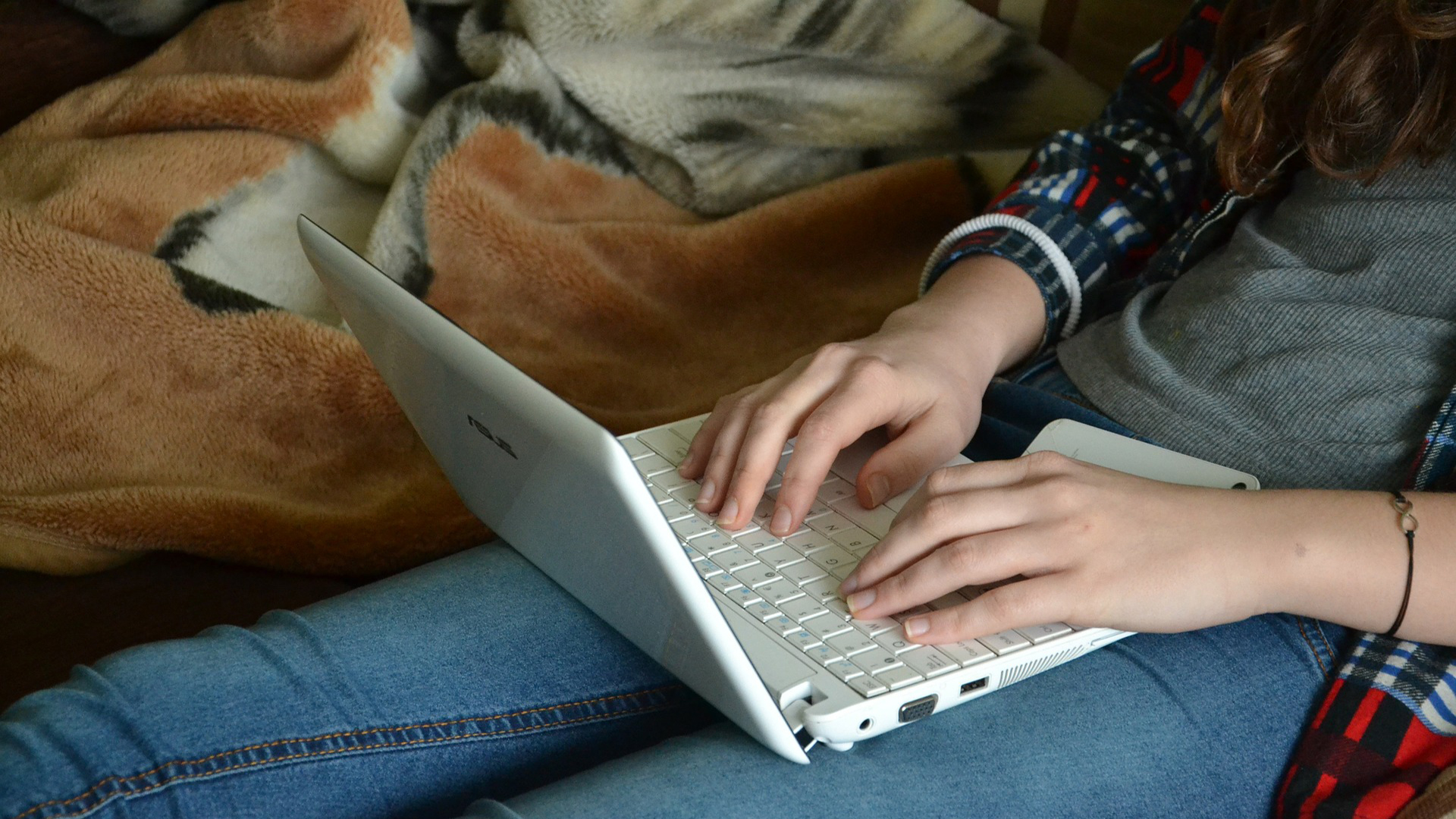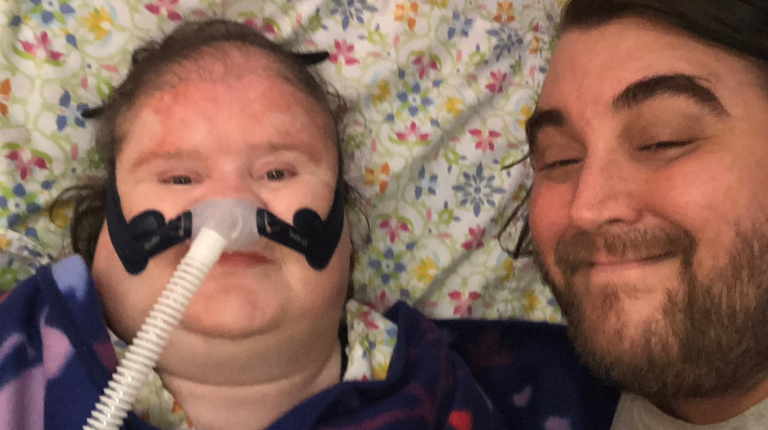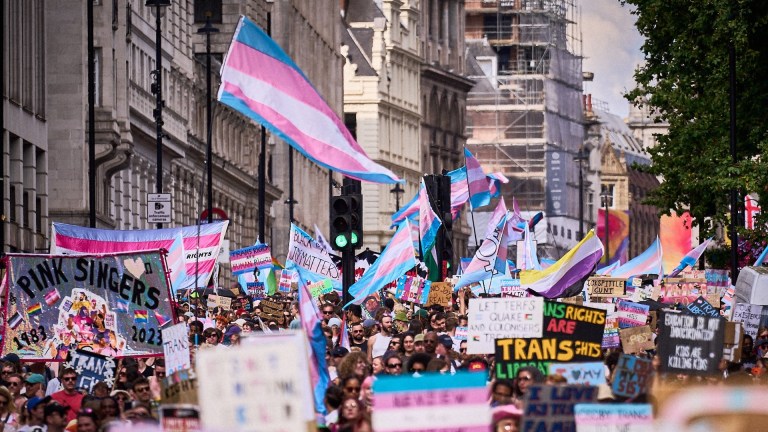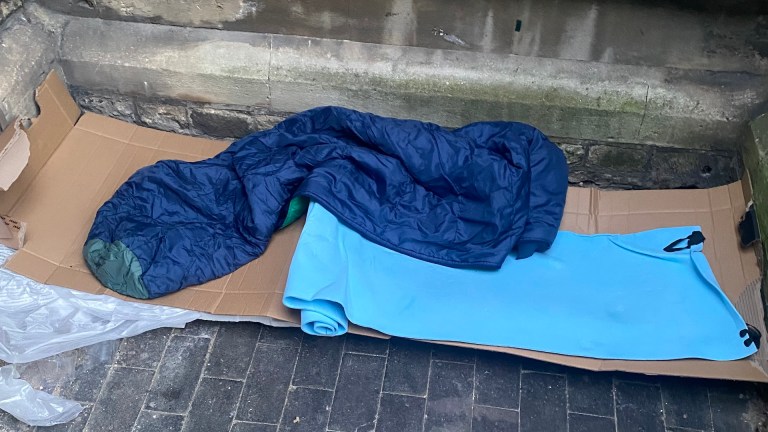Around 1.7 million children do not have laptops, tablets or iPads to access school work from home, according to Ofcom figures – a number some worry could rise as the Covid-19 recession plunges thousands more families into poverty. The same research showed up to 880,000 children have to rely on mobile data to access the internet at home.
In December Education Secretary Gavin Williamson pledged one million laptops and tablets for disadvantaged young people to access schooling online. Schools distributed up to 560,000 of those in 2020, with the Education Secretary promising another 440,000 promised.
But after mounting pressure from campaigners and parents, Williamson said an additional 300,000 devices would be added to that amount.
The latest Government guidance classes children who cannot learn remotely due to a lack of devices as vulnerable, meaning they “should attend school or college”.
But this risks putting children from low incomes and BAME children more at risk of picking up Covid-19 and transmitting it into their communities – often disproportionately impacted by the pandemic already – according to the Good Law Project, which is bringing legal action against the Government over alleged failure to act on the digital divide.
It has not gone unnoticed that we have seen months of dither and delay
“Forcing children of those families to go into school at the height of a pandemic because Government can’t or won’t provide devices for them looks suspiciously like sacrificing their health to protect its reputation,” Good Law Project director Jolyon Maugham QC said.
Advertising helps fund Big Issue’s mission to end poverty
Jhakra founded Community Laptops last year with Latifa Akay, director of education at Muslim charity Maslaha. Akay saw a sharp increase in the number of families approaching her in need of devices so their children would not miss out on school.
“The demand for [devices for] remote learning is now huge,” Jhakra said. “Just this week we have added 11 primary schools to our database. They reached out to us directly, each with between 30 and 190 children requiring support. School funding has been devastated by over a decade of austerity.”
Community Laptops stepped in to help a London primary school, Jhakra told The Big Issue, after it found 185 children did not have a device at home. The Government had initially only provided seven.
“This is undoubtedly a racialised issue too,” Jkahra added. Children in Pakistani and Bangladeshi households are nearly three times as likely to have families getting by on a low income than white children, according to ONS data. “A lack of support now will lead to further marginalisation of these communities.”
The first lockdown left most children three months behind on learning, National Federation for Education Research figures showed. But in that timeframe, pupils at schools in deprived areas lost four months or more.
Advertising helps fund Big Issue’s mission to end poverty
The Department for Education said deliveries of devices were increasing, while it works with telecom companies such as EE, Three, Sky Mobile and Virgin Mobile to give free extra data to families in need.
“We are glad that the Government has listened to the widespread calls for urgent action on tablets and data support for the remote learning of disadvantaged children, working with mobile phone companies,” National Education Union joint general secretary Dr Mary Bousted told The Big Issue. “But it has not gone unnoticed that we have seen months of dither and delay.
“A move to rationing the supply towards the end of 2020 was a low point for school leaders who have been working desperately hard for the disadvantaged students in their care.
“Even so, by the Education Secretary’s own estimate the roll out of one million devices will not be reached until the end of January – two thirds of the way through the proposed period of lockdown. With a summer completely squandered by the Department for Education, it is galling that this should still remain an issue.”
The removal of data charges from education websites has yet to be implemented, despite a pledge by Williamson last April.
Meanwhile, BT and the BBC announced a new “zero-rating” partnership meaning EE, BT Mobile and Plusnet Mobile customers could access BBC Bitesize even if they have run out of data. Other mobile network companies like Virgin have so far resisted zero-rating educational sites, citing problems with third-party content like YouTube used for lessons.
Advertising helps fund Big Issue’s mission to end poverty
But private sector companies could still do more, Jhakra said.
“The frustrating truth is there are hundreds and thousands of devices sat in various storage cupboards, waiting to be sold for barely anything. Companies don’t even factor that return into their bottom line, it is that insignificant to them. It’s been frustrating hearing pushback that is easy to overcome, like security concerns around data destruction on refurbished devices.
“I’d love for the leaders in these organisations to think about how they can contribute instead of the reasons that they can’t.”










